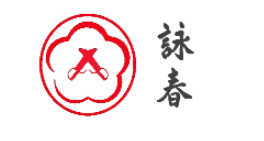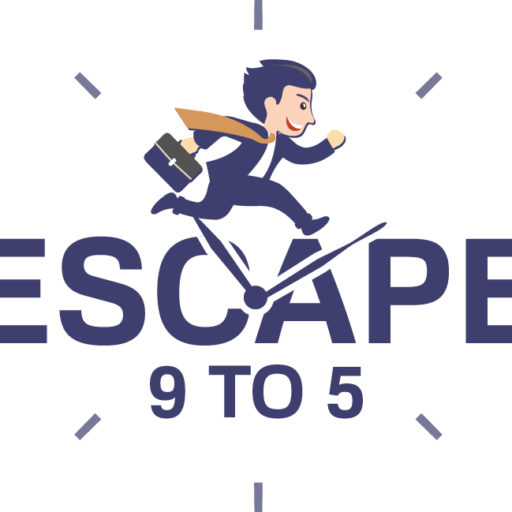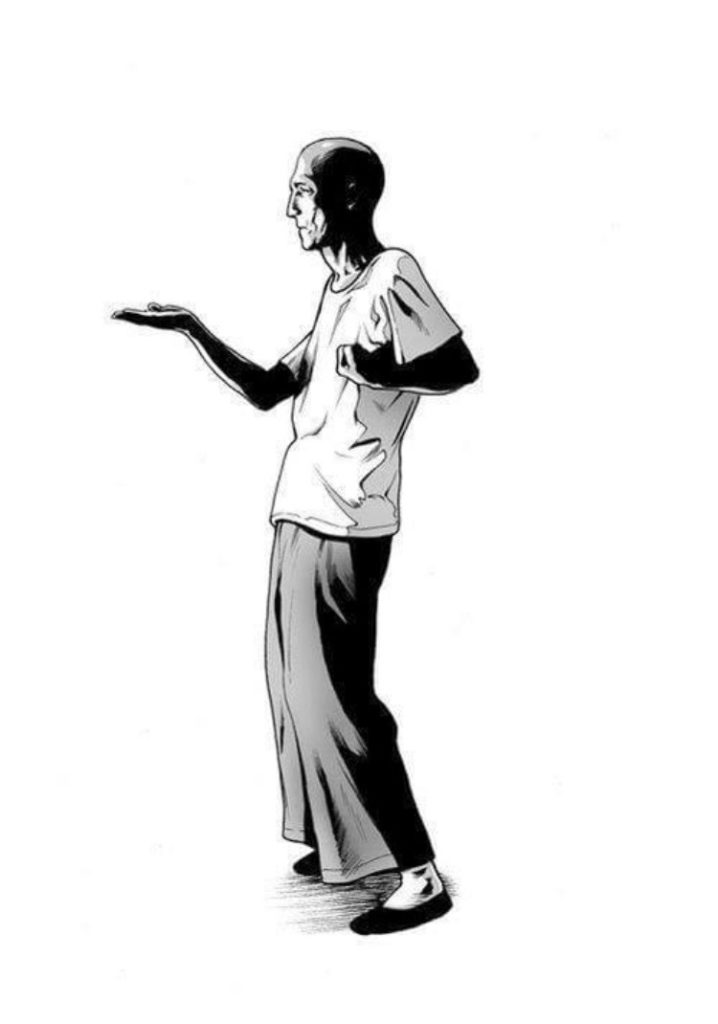There’s a lot of talk around “authentic Wing Chun” and “pure” Wing Chun. But what does this really mean? Wing Chun dates back hundreds of years and over time it has surely changed from teacher to student. Ip Man was known to teach his students differently according to their own particular aptitudes, for example. So one student’s understanding of the system would be different to another’s. You can see this though the different aspects of the art which are taught through different lineages.

For example, I’m a student from the Ip Chun lineage and have recently started learning from the Shu Shong Tin lineage. The styles are very different, although they look very similar on the surface. I would also say that both my instructors are teaching “authentic” Wing Chun, with nothing added and nothing taken away, as they understand it. (They are both Hong Kong qualified, too)
Authentic Wing Chun – What’s A Real “Sifu”?
To find a genuine Sifu (father/teacher in Chinese) in 1993 (when I began my Wing Chun journey) was very difficult. Real, genuine and Hong Kong qualified Sifu’s were a rarity back then, and still now! Real “authentic” teachers were gold and I was lucky enough to find one by chance. When I moved away from the area, I wanted to continue my Wing Chun studies and looked for another Wing Chun school.
I tried out a few teachers who purported to be teaching Wing Chun and I was massively disappointed. They had learned “some” Wing Chun and had added to it with either their own version or with some other style. Little did I know how lucky I was back then. I had found a genuine Hong Kong trained Sifu. Not only that, but it was one who, back then (1993), was one of only 13 in the world who represented Grandmaster Ip Chun!
So I travelled back to my “real” Wing Chun Sifu for many years, to keep up my studies.
“Anyone can add on to a system, the secret is to try and take away, but still keep it pure” – Ip Man
Authentic Wing Chun
A few of my Sifu’s students began their own schools back then too. Often with only a year or two’s training. This is detrimental to the general perception of Wing Chun. If the skill level is very low, it is Wing Chun itself which is perceived to be bad. When in fact it isn’t Wing Chun per se, but rather a teacher with only a small amount of knowledge. Not a genuine Sifu, in any case.
So, what then is authentic Wing Chun? In my humble opinion “authentic” Wing Chun can only be learned from someone who has a close connection to the source, and who has trained for a number of years. It takes 10 years to learn a skill well. So I would say a genuine “Sifu” of Wing Chun should have trained with a qualified instructor/Sifu for at least that amount of time (to be considered as an authentic teacher of the art). Traditionally too, a Sifu would qualify a student as a Sifu in their own right. They would give them their blessing to teach, before they could do so.
Wing Chun Watered Down
However, Wing Chun has become known as a style with schools popping up everywhere, and this tradition is no longer respected. It’s also claimed that you can learn Wing Chun online, from the comfort of your own home. The more students believe that they can learn Wing Chun with little (or no) actual class time, the worse the situation gets. Imagine if someone who has only watched online videos opened a school. How would that change people’s perception of Wing Chun? It can only be detrimental to Wing Chun’s reputation in the long run.

Of course there are some things you can learn online, such as the general patterns of the forms, for example. But, (ideally) Wing Chun training at home should be a supplement to a class, not a replacement of it. Wing Chun is a contact and pressure based system. So without hand to hand contact, from someone with skill, you have no chance of understanding it, let alone implementing it in a self defence scenario, (or teaching it).
“Some martial arts are very popular, real crowd pleasers, because they look good, have smooth techniques. but beware, they are like a wine that has been watered. A diluted wine is not a real wine, not a good wine, hardly the genuine article. Some martial arts don’t look so good, but you know that they have a kick, a tang, a genuine taste. They are like olives. The taste may be strong and bittersweet. The flavour lasts. You cultivate a taste for them. No one ever developed a taste for diluted wine” – Bruce Lee

Summary
Authentic Wing Chun therefore is hard to find. As more and more schools pop up, it becomes more difficult for genuine “Sifu’s”, (who have put in the hard work), to make a reasonable living from it too. This adds to the problem. Kung Fu literally translates to “hard work”. It’s the hard work that’s put in turning up to classes year after year which makes a genuine, authentic instructor and which makes Wing Chun authentic, and good.
You can of course also learn Wing Chun from a charlatan who doesn’t give you the full picture, too. This is why it’s worth trying out more than one school if you have the chance. You could spend a lot of time and effort learning something which is, at best, a watered down version of the real thing.
I’m lucky to have found two genuine Hong Kong qualified Sifu’s and studied two different versions of Wing Chun. One directly from Ip Chun himself (through Colin Ward) and also through Shu Shong Tin’s lineage from Sifu Daniel Parr, who teaches in Sheffield, UK.
It is through personal contact where authentic Wing Chun can be found, and with an authentic Wing Chun “Sifu”. Wing Chun is a great martial art in its own right. If you find a club that teaches original Wing Chun, with nothing added, and with a genuine Sifu, consider yourself very lucky!


